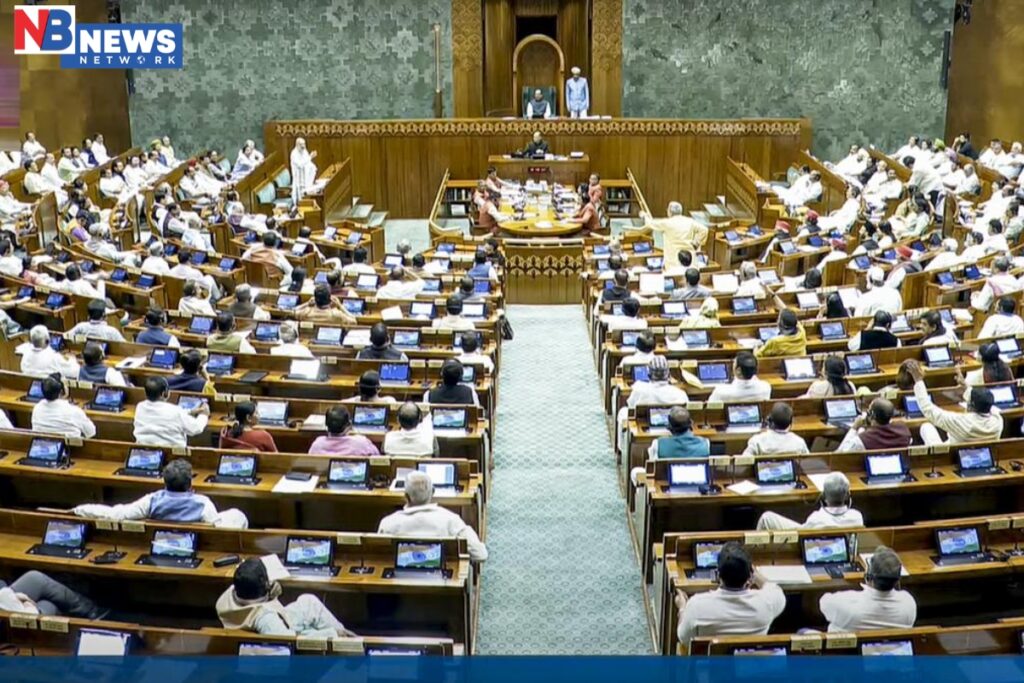The Lok Sabha members extended their 14-hour discussion, which resulted in passing the Waqf (Amendment) Bill, 2025, through a vote. The bill obtained 288 votes in favor to 232 votes against as Parliamentary Affairs Minister Kiren Rijiju presented it to the House, although strong opposition remained over the reform proposals.
The Waqf (Amendment) Bill of 2025 offers solutions for modern waqf property administration and lowers legal disputes while distributing revenue fairly to benefit Muslim community welfare. Legislators intend to revise the Waqf Act of 1995 through the new legislation which includes thirty-nine new provisions and modifications from when the law was last updated in 2013.
The new bill introduces essential modifications which reform how administrators handle properties while simultaneously establishing official appointment protocols and methods to handle conflicts. Debate raged over the deletion of the ‘waqf by user’ clause even though it helped define properties used by community members for religious purposes as waqf land.
Also check:- Waqf (Amendment) Bill 2025 Passed: Key Changes to Waqf Property Management
The lawmakers Kiren Rijiju and Amit Shah supported the legislation because they believed the changes would improve both transparency and operational efficiency for waqf property governance systems. The new provisions do not affect religious matters, but the ‘waqf by user’ exclusion will only be applied to upcoming cases, thus leaving current waqf properties undisturbed, according to Shah.
The government backed a policy that lets non-Muslim representatives join the Central Waqf Council and State Waqf Boards because this move boosts accountability and inclusivity. The government used the measure of tasking collectors with waqf property dispute resolution to protect government land from fraudulent claims.
Opposition leaders strongly opposed the bill because they believed it crossed constitutional barriers mentioned in Article 25 of the Indian Constitution regarding religious freedom. Dr. Mohammad Jawed, along with Asaduddin Owaisi, joined other critics to state their opposition based on arguments that the changes deprive waqf institutions of independence while placing too much authority with government-selected personnel.
Constitutional doubts were raised about the Waqf Tribunal’s controlling powers because the bill enables petitioners to seek High Court intervention, leading to delayed dispute settlement procedures. The opposition party challenged the bill because it both lowered the number of female representatives in Waqf and enforced a condition of demonstrating five years of Islamic practice for waqf declarations.


